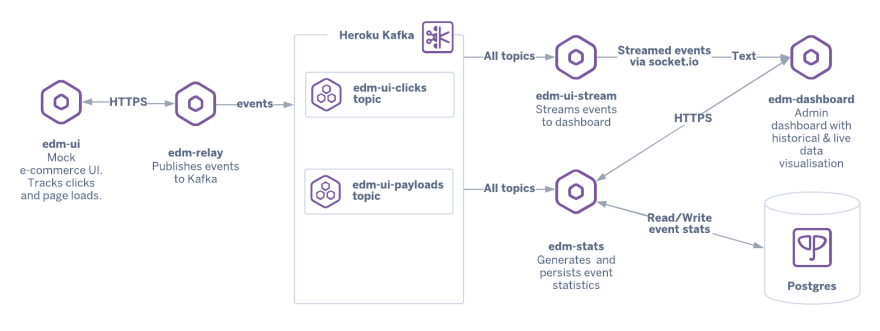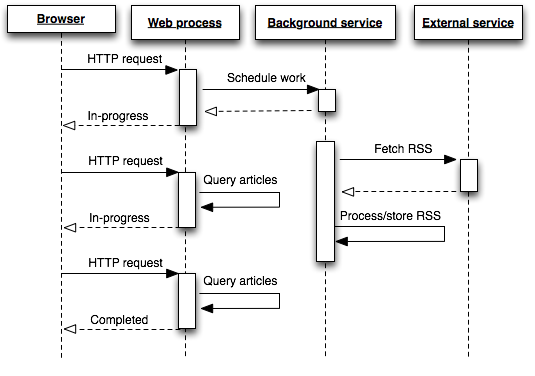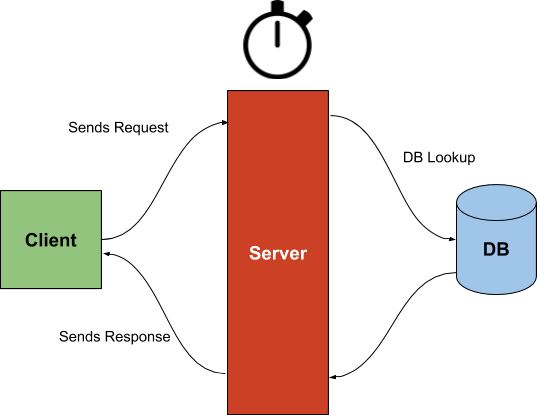From reports of potholes and broken streetlights to complaints about garbage and vandalism, cities process more non-emergency requests from residents than ever before. Baltimore, the first U.S. city to deploy a 311 system, has processed over 13 million requests since its inception.
The result is a repository of data detailing the interactions between a city and its residents. Analyzing this data can help cities learn more about their residents’ needs, prioritize tasks and projects, track performance, and improve collaboration across departments.
Continue reading











